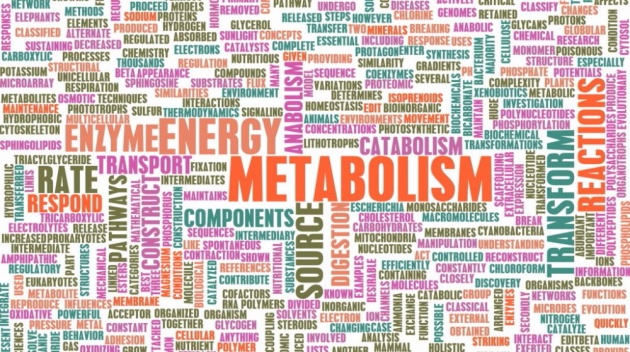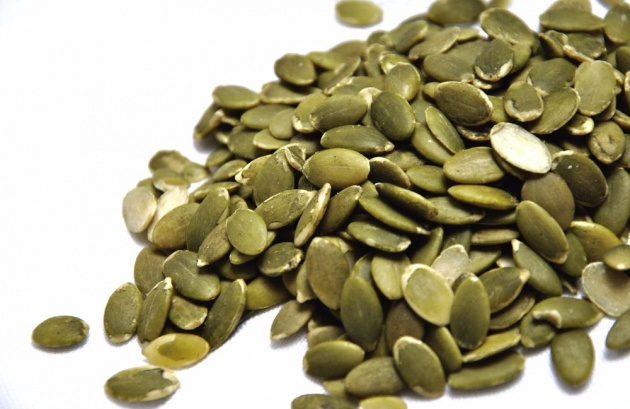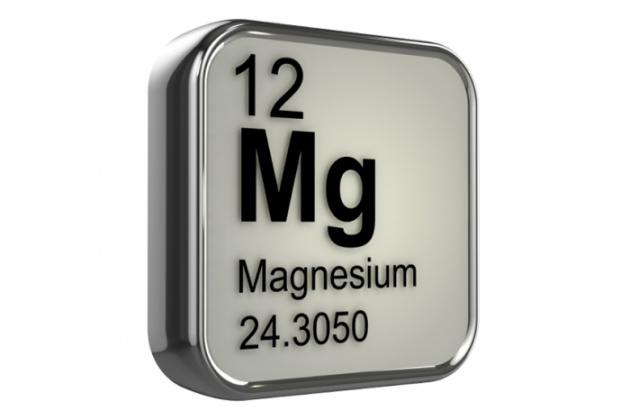
Photo Credit: Wikipedia.org
Hello, guys!
Now that it's spring and the summer is very near, already knocking on the door indeed, everyone here in my country is going crazy about getting fit and taking care of overall health. Well, I can't agree with that - for me, health should be taken care of all year round, but things are as they are. What can we do about it?
It's not a secret that one of the major factors for a good and healthy lifestyle is the food we eat. In this category, I'm including meals, drinks, and nutritional supplements, as well. One can't expect to have an admirable health by eating junk food only or limiting his/her body from vital nutrients, needed for its proper functioning. So, in this blog, I'd like to share my knowledge and experience with one mineral, called magnesium.
What is Magnesium?
Magnesium is under number 12 in the periodic table, abbreviated as Mg and is one of the most important minerals for the human body.
Magnesium is a shiny gray solid which bears a close physical resemblance to the other five elements in the second column (group 2, or alkaline earth metals) of the periodic table.
Its significance is widely researched and studied and this element is proven to be of a great importance for the maintaining the energy levels of a person and many different processes. Although magnesium has its values for the environment and nature, I want to take a look at its benefits for human beings. They are also too many, that's why I'll cover the ones I believe are most popular.
Benefits of Magnesium
Video Credit: Lifestyle Medicine via YouTube.com
This mineral is responsible for about 320 processes in our bodies, which is extremely impressive. It improved and regulates many of our systems and it's beneficial in all ages. With growing older the recommended daily dosage is increasing, as well. Here are some of the most common uses and benefits of magnesium:
1. It relaxes and calms down, improving the mood. This element directly affects the nerve system and contributes to the proper transferring of the nerve impulses and communicating between the neurons (the nerve cells). It can be used for slight depression, unusual change of mood, and as a prevention for such problems in the future.

Photo Credit: ColiN00B via Pixabay.com
2. Magnesium is also very powerful in maintaining muscle strength and for boosting energy. It provides oxygen to the cells, preventing any unwanted reactions during sports activities. This is also the reason why this mineral is an excellent choice for people having a dynamic lifestyle, practicing any kind of physical activity or exercising. Besides having a great impact on the muscles themselves, it also provides the energy we need on a daily basis.
3. Magnesium improves and maintains metabolism. Or in other words, it is one of the elements which are responsible for the transforming of the food into energy we can use, the speed of this process and all processes related to it. As you can imagine, it has a dietary value, to make sure these processes are performed and managed during increased of reduced food absorption. Magnesium foods and supplements are widely used in weight-loss diets.

Photo Credit: Totalwomenscycling.com
4. It can drastically reduce or completely cope with a headache. This depends on the particular reason for a headache, but in many cases, it is proven that magnesium deficiency could be one of the reasons for this illness. Bringing the levels of magnesium to the normal range successfully copes with this issue in many of the cases.

Photo Credit: geralt via Pixabay.com
Magnesium-rich Foods
After we know what benefits the magnesium has, it's time to take a look at the sources of it, we can use. As I mentioned, magnesium can be acquired through food - and this is probably the best option if you have a balanced menu containing a variety of items. Here are the top magnesium foods:
― Spinach - this is the absolute winner for the amount of the mineral it contains - around 114 mg per 100 g of the cooked product. Besides being a natural green food and its other benefits and elements it contains, spinach is an amazing food for providing the required daily needs of an adult. That's also a good reason this food is part of many diets and nutritional plans.

Photo Credit: Gemuese-Fotograf via Pixabay.com
― Nuts - many nuts contain a neat percentage of this element. Examples of nuts containing magnesium are almonds, pumpkin seeds, Brazil nuts, and cashews. The percentage of the element in them is very high, and it is over 500 mg per 100 g on the average for all nuts. So, you should think twice before removing nuts from your daily meals due to the high energy they provide. Even if nuts have lots of calories, they are a natural food and as such, are healthy enough to be considered part of a balanced menu.

Photo Credit: siobhandolezal via Pixabay.com
― Avocado - this miraculous fruit is known both in nutrition and in cosmetics. And one of the reasons why it's so special is it also has a great amount of magnesium. Which in combination with its other nutrients makes the fruit unique and healthy. An average avocado contains about 60 mg of the mineral.

Photo Credit: Kjokkenutstyr via Pixabay.com
― Dark chocolate - this is also a high-calorie food, but is one of the top food sources of magnesium, as well. Dark chocolate contains from 80% to 99%/100% cocoa, and that's exactly the reason for the magnesium in it. Even if it's taste is different and less sweet than regular milk chocolate, this is a fantastic dessert or a snack with its numerous health benefits.

Photo Credit: LifeHealthBar.com
Magnesium Dosage
It's important to pay attention to the amount of magnesium one takes. If the source is entirely natural, i.e. food - there is no big deal in providing the body with too much of the element. Food is easier to absorb and used, and the excess is removed. It's a whole different story if the needs of magnesium are fulfilled by pills or nutritional supplements. The concentration of pure product in these supplements is extremely high and could have some negative consequences, in case the dose is exceeded.
Actually, it is not very probable that the maximum amount of magnesium is overtopped. Usually, it's just the opposite - most people have a magnesium deficiency and need more of this mineral in their bodies. To determine the optimal dose, individual characteristics should be considered, and also the age of the person.
Video Credit: Dr. Josh Axe via YouTube.com
There is no strict value or number of milligrams that are needed daily, but the average maximum amount defined by health organizations is 250 mg per day per adult, through supplements, and the rest - through food. The best is if all can be provided by food, but in some cases, this is difficult to accomplish.

Photo Credit: Ajale via Pixabay.com
My own experience with magnesium is very positive. I usually take vitamins as an addition to my meals, and my main goal is to have more energy for my everyday tasks. In the last couple of months, I'm taking magnesium with vitamin C, and I can't deny it has its impact, in terms of mood, metabolism and energy levels. I can tell the difference as I've tried different types and brands of minerals/vitamins containing supplements before, and not all of them had an effect.

Photo Credit: MedicalNewsToday.com
Hopefully, I managed to give you a better understanding of the positive effects of magnesium on human health. Thanks for reading my blog!
- NinaB



